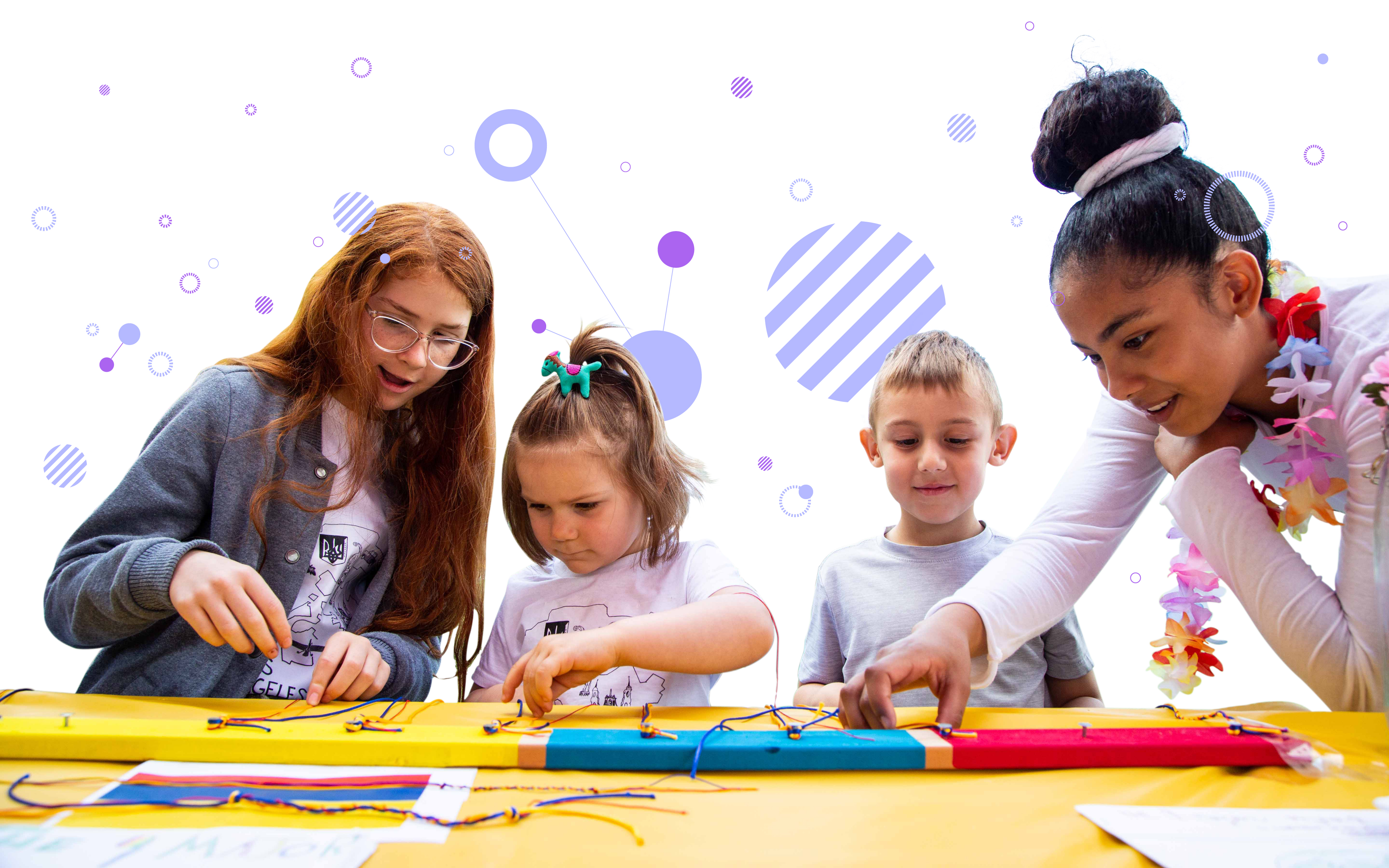Signature Programs
Responsible global citizens passionately explore world issues; they confidently communicate and respectfully engage in constructive problem solving and conflict resolution. Creative and critical thinkers, Turning Point global citizens are equipped with the tools and habits that will garner success in a diverse, interconnected, and ever-changing world.
In 2015, Turning Point was awarded International Certification through the Council of International Schools (CIS). To receive certification, Turning Point was required to demonstrate proficiency in four major areas: student growth and leadership commitment; whole school development; an emphasis on reflection followed by outcome-oriented action; and the translation of international education into authentic project-based learning across the community.
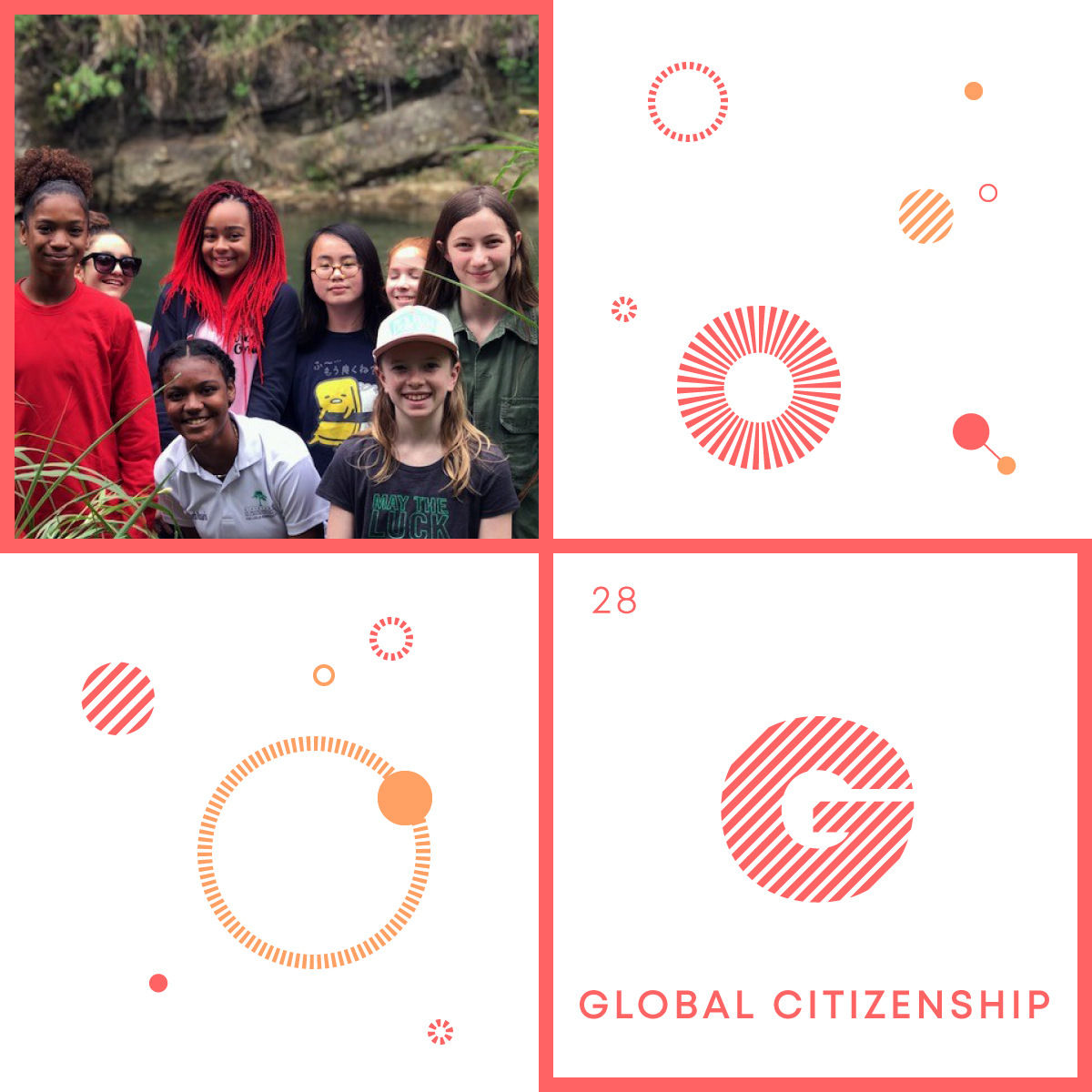
Turning Point School’s SmartLab and MakerLab are dynamic environments in which students can utilize analog materials and digital devices to put innovative, project-based learning and design thinking into practice.
Collaboration is key in these spaces, as students utilize critical thinking, creativity, and problem-solving skills to reach their individual and collective goals.
In our Innovation Labs, the teacher plays the role of facilitator so that students can create and execute their own projects with the latest technological and professional tools. Hands-on, real-world engagement in Science, Technology, Engineering, Arts, and Mathematics (STEAM) helps students answer the essential question, “How can you improve or contribute to your community?” This sense of purpose motivates students to be more creative and courageous with their choices in the Labs.
SmartLab
In the digitally-oriented SmartLab, students can soar as far as their entrepreneurial spirits and resourcefulness will take them, while diving deeply into the eight systems of technology: science & data acquisition, mechanics and structures, robotics and control technology, circuitry, graphic design, and multimedia. Whether programming Arduino software or experimenting with the pneumatics board, our students learn to take risks and reflect on (and document) the novel discoveries they make along the way.
MakerLab
The MakerLab can be described as a modern-day “shop” environment that is elevated by state-of-the-art technological tools. Here, our young inventors exercise their creative muscles by designing and building original projects that integrate curriculum and bring it to life. Teacher facilitators encourage ingenuity and exploration as students work with means as simple (yet powerful) as their hands and hand tools, to as complex as 3D printers and laser cutters. Students feel motivated and empowered to take ownership of their learning, and their willingness to explore their innate curiosity and take risks pays dividends as they advance their learning.
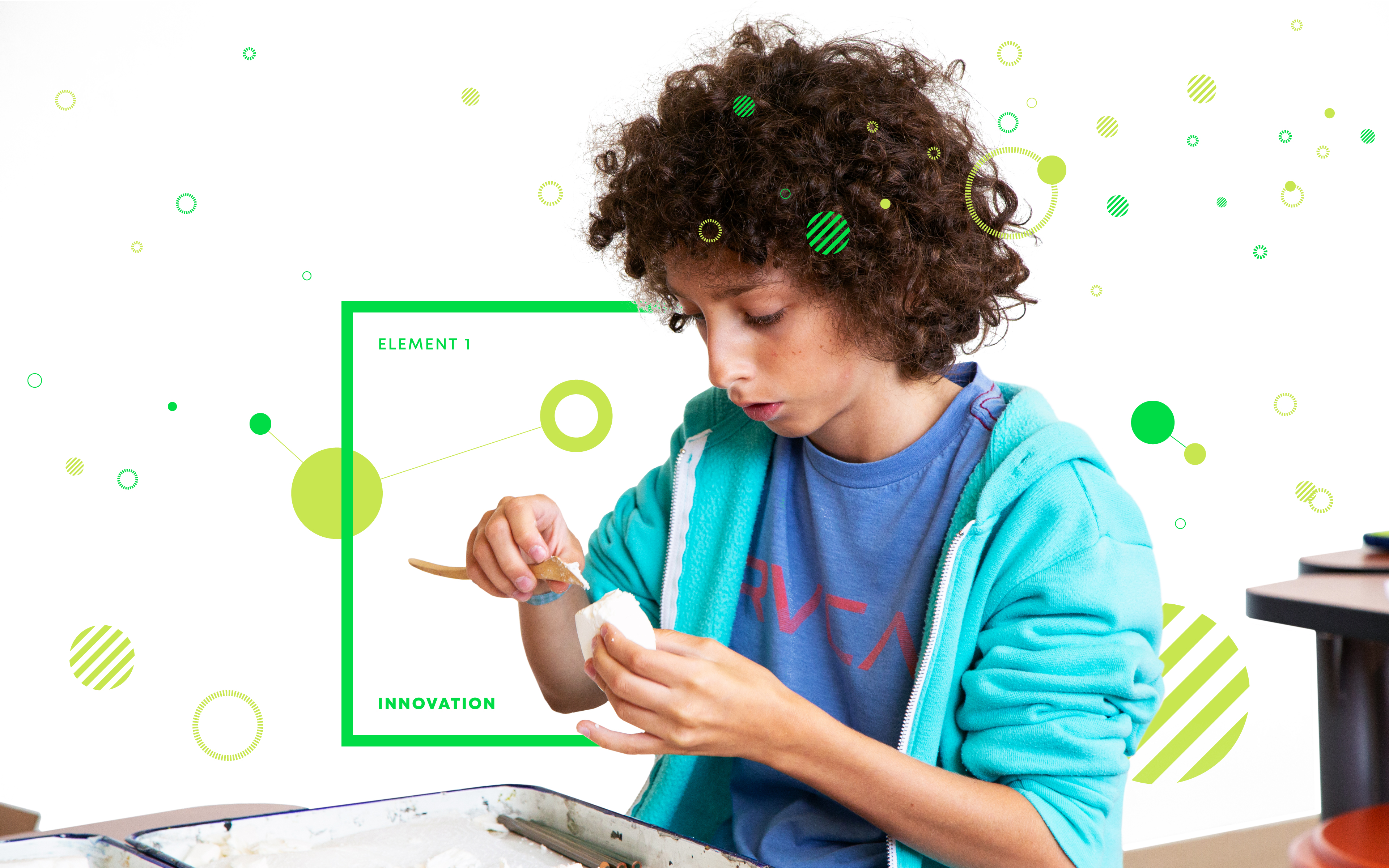
The Turning Point program, which spans preschool through eighth grade, honors the profound brain reshaping periods during both early childhood and early adolescence.
Research shows that middle school students perform better academically and have a higher perception of their own abilities in Preschool-8 schools, where they feel safer, more confident, and more engaged.
Turning Point is committed to a Preschool-8 program that produces talented, capable students who are not only ready to take on the challenges of high school, but are proud to have already made the world a better place.
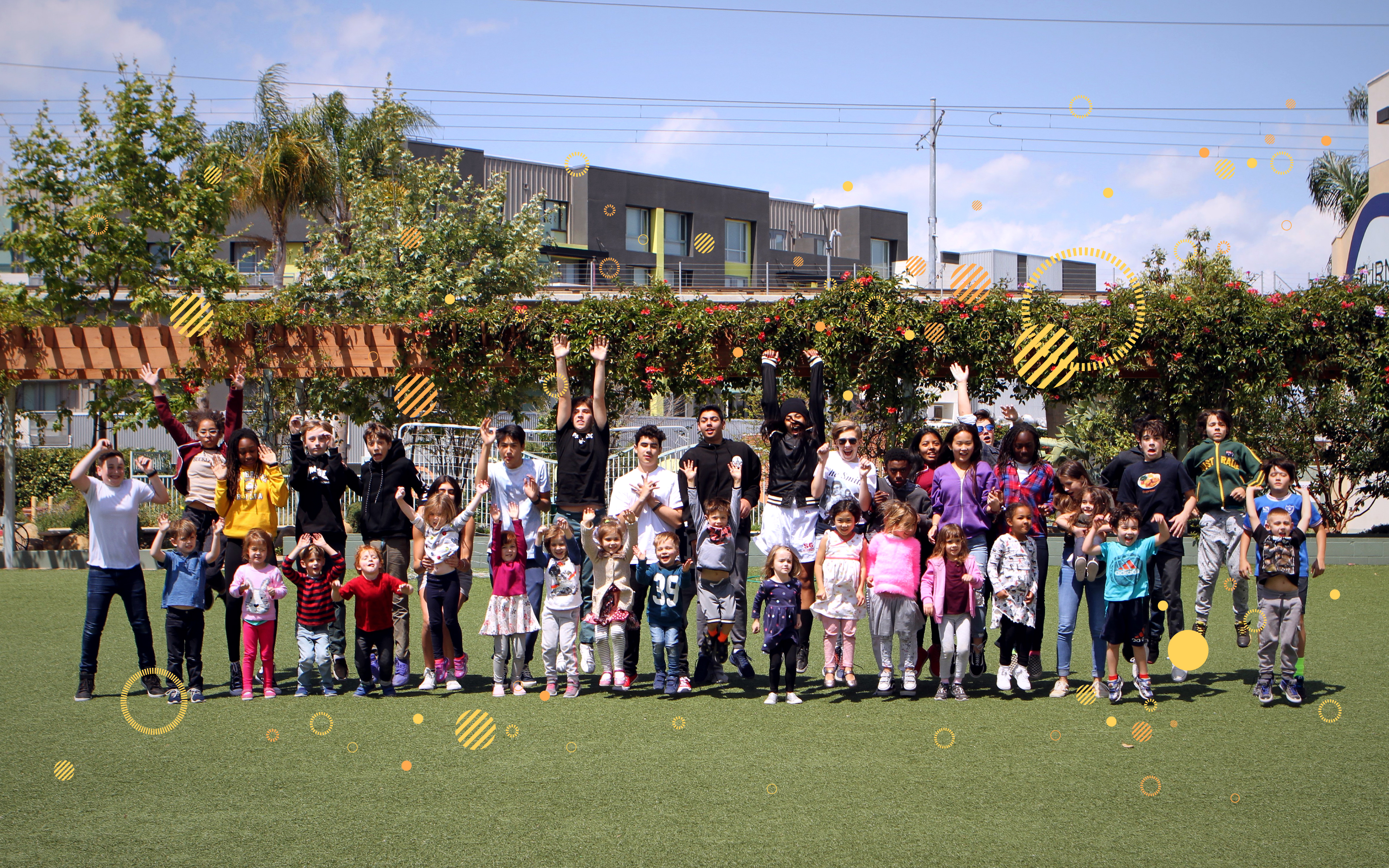
Service Learning provides Turning Point School students with opportunities to take their educational practice beyond the classroom walls and consider how the knowledge they are acquiring might help support and sustain the wider community.
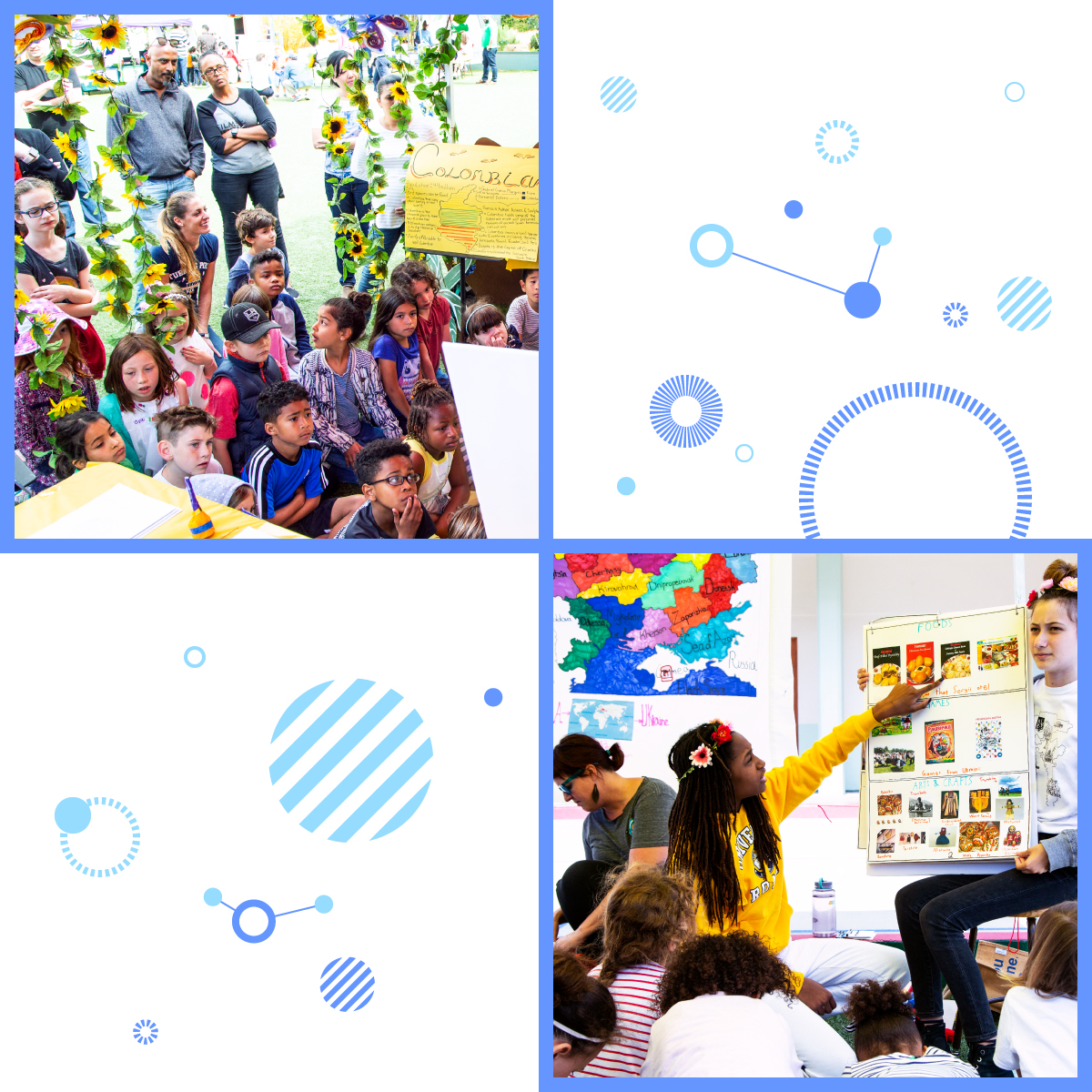
When students are provided with opportunities to build meaningful relationships with others in their community—at home, at school, locally, and globally—they connect more deeply with the learning process and begin to realize their ability to impact change. While working to build a stronger community and healthier environment, students make inspired leaps of understanding in developing a sense of responsibility extending beyond themselves.
Turning Point was honored as a Silver Level recipient of the California Green Ribbon Schools award through the California Department of Education. This award is inclusive of the school’s many community-service and service-learning initiatives, including those that reflect an ongoing commitment to programs that impact sustainability. In addition, it encompasses our commitment to environmental education, particularly in incorporating STEAM education, civic skills, and green career pathways.
The Turning Point Family Program provides a multi-age environment that encourages continuity and builds a sense of community among faculty, staff, and students.
“Families” at Turning Point are a long-held tradition; upon admission to Turning Point every student is assigned to one of 21 “Families” where they remain through graduation. Each family consists of approximately 16 students plus four “elders” (teachers and staff), spanning all grade levels. Every student and faculty/staff member of Turning Point participates in this program, from Preschool through Middle School, teachers, business office staff, leadership, facilities and tech teams, and everyone in between.
This multi-age environment builds a sense of community in many ways. Younger students develop bravery and adore the time they spend with older students, older students practice responsible modeling and mentoring, and all members of the Turning Point community are inspired to learn, share, and grow together. Meaningful bonds and trusting relationships are formed among children and adults who might not otherwise have occasion to interact during the regular course of the school day.
One of the benefits of a Preschool-8 model of education is that it provides built-in opportunities for students of varying ages to engage with each other in authentic, inspiring ways. Under the guidance of teachers, students in Middle School work closely with their younger classmates in Preschool and Elementary, developing leadership skills and taking an active role in strengthening the community.
Mentors and mentees form close bonds while they engage in an integrated curriculum that includes academic problem-solving, with an emphasis on character development, fair play, ethical interactions, and positive leadership.
Student-led mentoring programs at Turning Point are mutually beneficial: They allow older students to become empathetic leaders in a unique setting, and allow our youngest students to gain confidence and learn from role models they are eager to emulate. As students progress through the grade levels, they naturally and eagerly transition from the mentee to mentor role—developing poise and self-confidence at a younger age than many of their peers at other schools. The bonds that are formed are strong and long-lasting, and the various mentoring programs become a highlight of the year for all involved.
